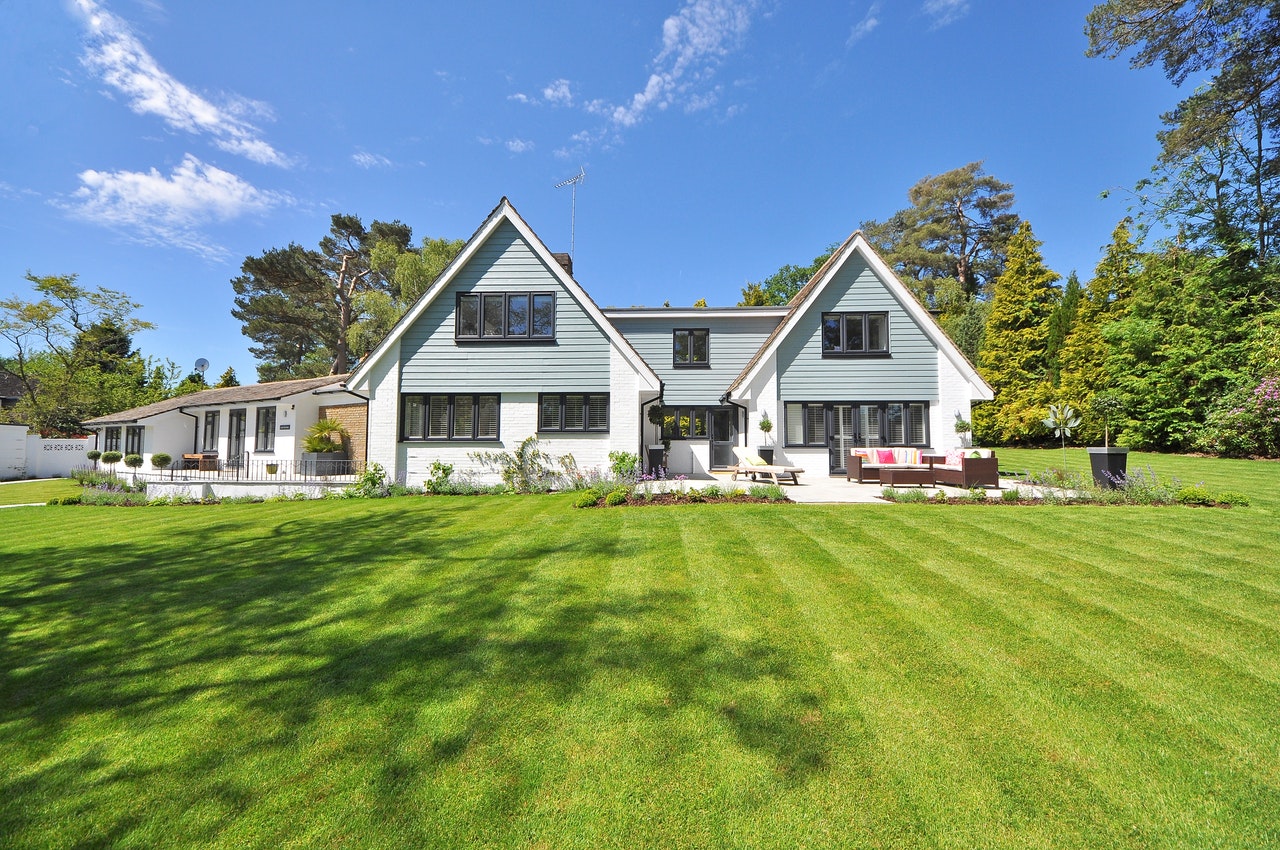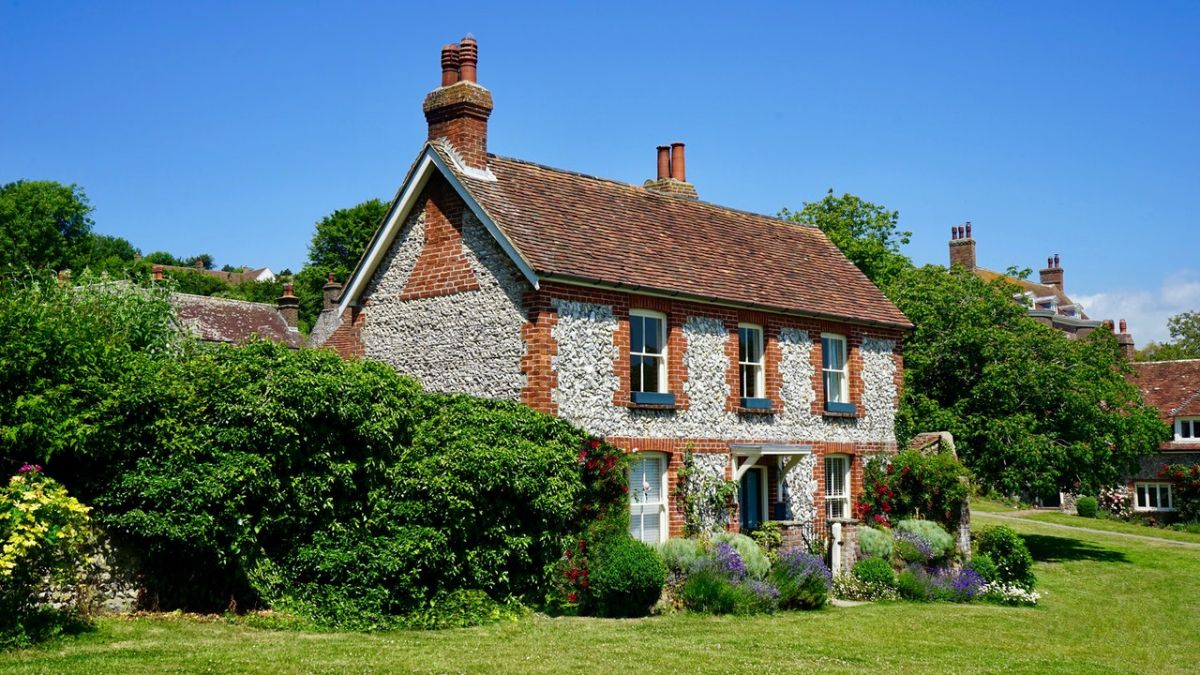There are changes on the way to capital gains tax returns that you should be aware of.
Buy-to-let and second home disposals: changes to date when capital gains tax is due
For contract exchanges from 6 April 2020 onwards, a freestanding capital gains tax return must be made, and estimated tax paid, to HMRC within 30 days of completion of a sale of a residential property. The disposal is also included on your self-assessment tax return, if you usually complete one, which will calculate any adjustments to the tax liability.
If the gain is completely covered by prior losses, your annual exemption or the principal private residence relief (including lettings relief – see below) you do not need to make a CGT return.
You will need a Government Gateway account and a personal Capital Gains Tax account even if you would like us to file your CGT return and calculate your tax due.
Principal private residence relief – final period of ownership exemption
Prior to 6 April 2020, if you occupied a residential property as your main residence at some point during ownership, the 18 months preceding the date of sale would qualify for principal private residence relief. This means that no CGT would be payable in respect of this period as well as any periods of actual (or elected) occupation. From 6 April, this final period of exemption is reduced to 9 months. Other deemed occupation rules are unaffected by this change.
Lettings relief
Lettings relief used to apply if you qualified for principal private residence relief and at some point during your ownership the property was rented out as residential accommodation.From 6 April 2020 this is only available in respect of periods of shared occupation, that is, part of the property is occupied by the owner and part by a tenant at the same time. Also, the relief no longer applies if the letting is part of a trade e.g. a guest house. In effect, this relief is retrospective and is likely to mean that relief is denied for most rental periods.
Lodgers sharing your home do not usually affect the availability of principal private residence relief. Lettings relief is now only relevant where there is a separate dwelling within the same property.

Transfers to spouse or civil partner
Transferring a property or a share in a property to your spouse or civil partner was and still is free of capital gains tax. If the property is subject to a mortgage, however, the transfer of this is seen as consideration and so stamp duty land tax may apply. Until 31 March 2021 the government have reduced the SDLT rate to zero where the consideration is up to £500,000. Also, the additional property rate of 3% does not apply to transfers between spouses or civil partners who are living together (not necessarily in the property in question) so now might be a good time to re-arrange a property portfolio.
From 6 April 2020 there has been a change in the way periods of occupation are treated when a property is transferred between spouses or civil partners. Effectively the recipient spouse inherits their partner’s occupation history, so if lettings relief applies (due to shared occupancy with the tenant at some point) this will be available to the recipient spouse. PPR relief is not affected by the change.

